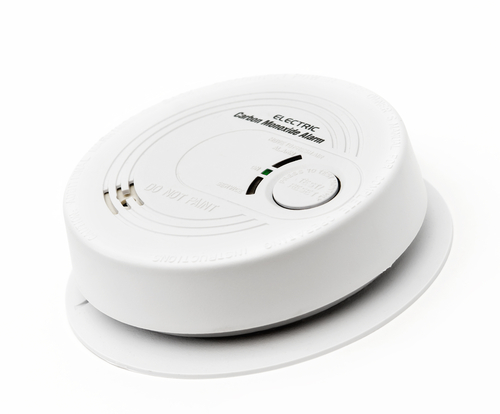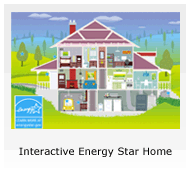Heating and Cooling Situations That Can Trigger Your Carbon Monoxide Alarm
by Greg Leisgang on April 21, 2014
Posted in: Indoor Air Quality
 Carbon monoxide (CO) is a killer at certain concentrations. By interfering with your body's ability to carry oxygen, the colorless, odorless gas can lead to serious trouble, including brain damage and death. But it's also a natural by-product of all forms of combustion, including the combustion taking place in a gas furnace, which is why furnace maintenance and CO detectors are so important to your home health. And if your CO detector goes off, it could point to a serious issue with your HVAC system.
Carbon monoxide (CO) is a killer at certain concentrations. By interfering with your body's ability to carry oxygen, the colorless, odorless gas can lead to serious trouble, including brain damage and death. But it's also a natural by-product of all forms of combustion, including the combustion taking place in a gas furnace, which is why furnace maintenance and CO detectors are so important to your home health. And if your CO detector goes off, it could point to a serious issue with your HVAC system.
If your CO alarm goes off, immediately evacuate your home and call emergency services. Don't stick around to try to find the problem. Once your home's been declared safe, here are some of the things your HVAC professional should look at:
- Are you getting enough ventilation in your home? Fresh air doesn't just keep levels of CO down. It also has a limiting effect on other household pollutants. If you're worried about losing the energy you put into heating and cooling, an energy recovery ventilator (ERV) can keep energy inside your home while moving stale air out.
- Are any of your appliances malfunctioning and creating excess CO? The furnace is a possible source for this trouble, but you should also look at gas stoves, water heaters and anything else that burns fuel.
- Is air from a garage or generator being drawn into the home? A poorly-designed ductwork system might bring air from a garage where a car is idling into the range of the CO detector. Cars, generators and appliances like charcoal grills should never be operated near the home's air supply, including in attached garages.
- Is the detector working to code? New alarms which conform to UL Standard 2034 are designed to minimize false alarms. If your home uses an older model, you may want to have it replaced.
Many homeowners can go their whole lives without hearing a carbon monoxide alarm go off, but you should always be prepared and understand what to do if it does occur. To learn more about carbon monoxide, heating and cooling maintenance, and home safety, contact Tri-County Heating & Cooling.
Image via Shutterstock.com








 Testimonials
Testimonials
 Frequently Asked Questions
Frequently Asked Questions


 Heating & Cooling Insights
Heating & Cooling Insights





